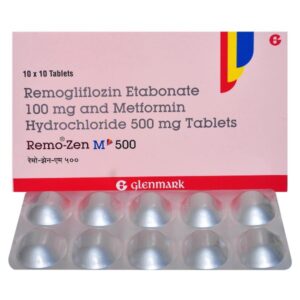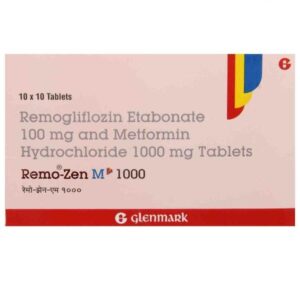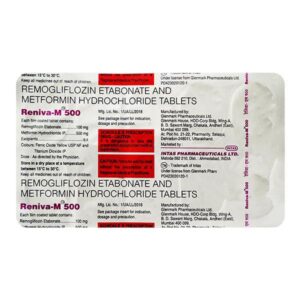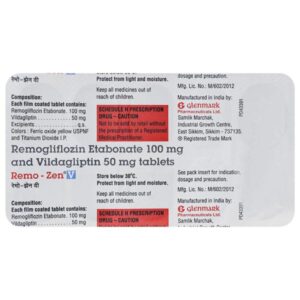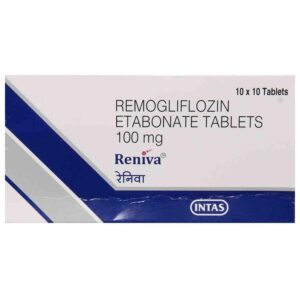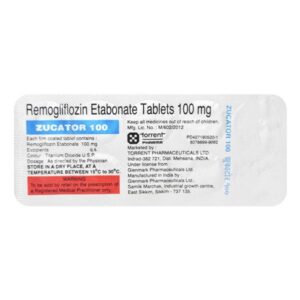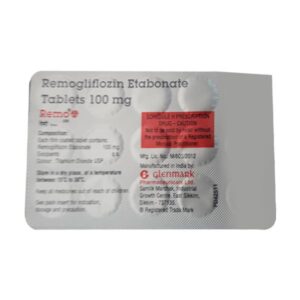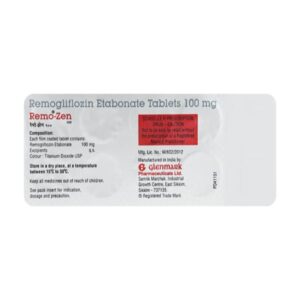REMOGLIFLOZIN
REMOGLIFLOZIN: Remogliflozin is an oral medication used primarily for the treatment of type 2 diabetes. It falls under the class of drugs known as sodium-glucose co-transporter 2 (SGLT2) inhibitors. Remogliflozin works by inhibiting the SGLT2 protein in the kidneys, which helps to decrease glucose reabsorption and increases glucose excretion through urine.
The recommended dose of remogliflozin for adults with type 2 diabetes is typically 100 mg once daily taken orally. However, the actual dosage may vary depending on individual factors such as the patient’s renal function and response to treatment. It is important to follow the prescribed dose instructed by the healthcare provider.
Like any medication, remogliflozin may cause some side effects. Common side effects include urinary tract infections, genital yeast infections, increased urination, dehydration, dizziness, low blood pressure, increased thirst, and changes in laboratory parameters such as increased hematocrit and lowered blood magnesium levels. It is advised to inform the healthcare provider if any side effects occur and seek medical attention if severe reactions are experienced.
Remogliflozin should not be used in patients with severe renal impairment or end-stage renal disease, as it may further deteriorate kidney function. Additionally, it is not recommended for use in patients with type 1 diabetes or diabetic ketoacidosis.
It is crucial to consult with a healthcare professional before starting or stopping any medication, including remogliflozin, to ensure proper use and minimize the risk of adverse effects.

